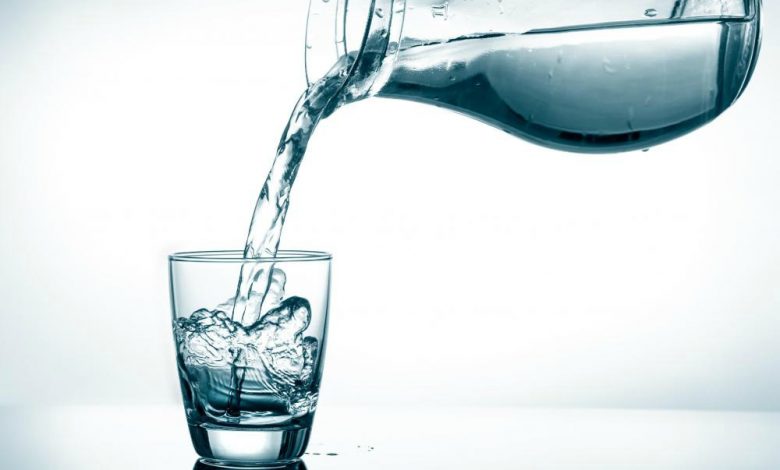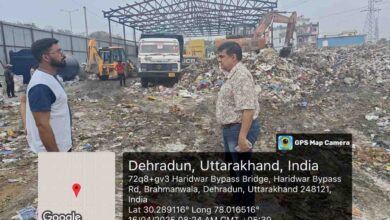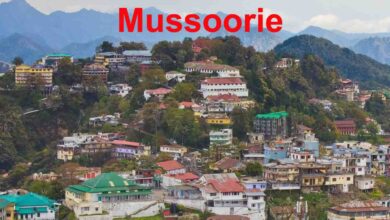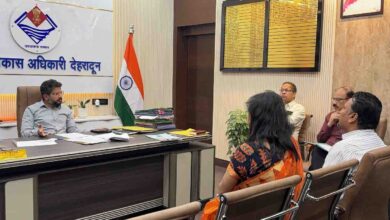Drinking water quality below standards in most places in Doon

Saturday, 17 July 2021 | PNS | Dehradun
Majority of the drinking water samples collected and tested by Society of Pollution and Environmental Conservation Scientists (SPECS) in Dehradun were found to be below standard. As part of its Jan Jan Ko Shuddh Jal Abhiyan, SPECS took 125 drinking water samples from June 5 to July 8, 20121 from various localities of Dehradun. All the samples were tested in the SPECS laboratory provided by the Science and Technology Department.
According to SPECS secretary Brij Mohan Sharma, the quality of 90 per cent of the samples collected was found to be far below norms. It includes drinking water samples taken from residences and offices of senior bureaucrats, MLAs and ministers. While some water samples had high amount of residual chlorine (super chlorination), some had high content of fecal coliform. There were samples of water with hardness from 326- 538 mg/l – making this water unfit for drinking.
Even higher authorities of Uttarakhand’s various bodies such as the Vidhan Sabha and Secretariat, the chief minister’s house, the houses of various ministers and even officials representing the supplying agency, are not exempted from this list of places with below standard drinking water.
Excess residual chlorine was found in samples collected from Rajpur Road, Dalanwala, Dilaram Chowk, Kalidas Road, Kanwali Road, Canal Road and dozens of other localities. Residual chlorine was up to standards at seven locations including Dobhalwala, Indreshnagar, Tapowan Enclave, Rajeshwarpuram Jogiwala, Lakkhibagh, Bhandaribagh and Saraswati Vihar- Ajabpur. Residual chlorine was found to be below standards at 10 locations including Salawala, Cantt road, Jakhan, Hathibadkala and other places. When it comes to total coliform- the standard value of 10 MPN/100 ML was not observed in many places while fecal coliform, the standard value for which is 0 MPN/100 ML was found in 36 locations and absent in 89.
Sharma said, “We have a critical leeway time that has to be exploited dynamically before we enter the danger zone. Will it take the unnecessary illness of innocents by waterborne diseases and the stress on their families for the government to act as needed? The citizens of Doon must also come forward and demand their right to clean drinking water be met.”






